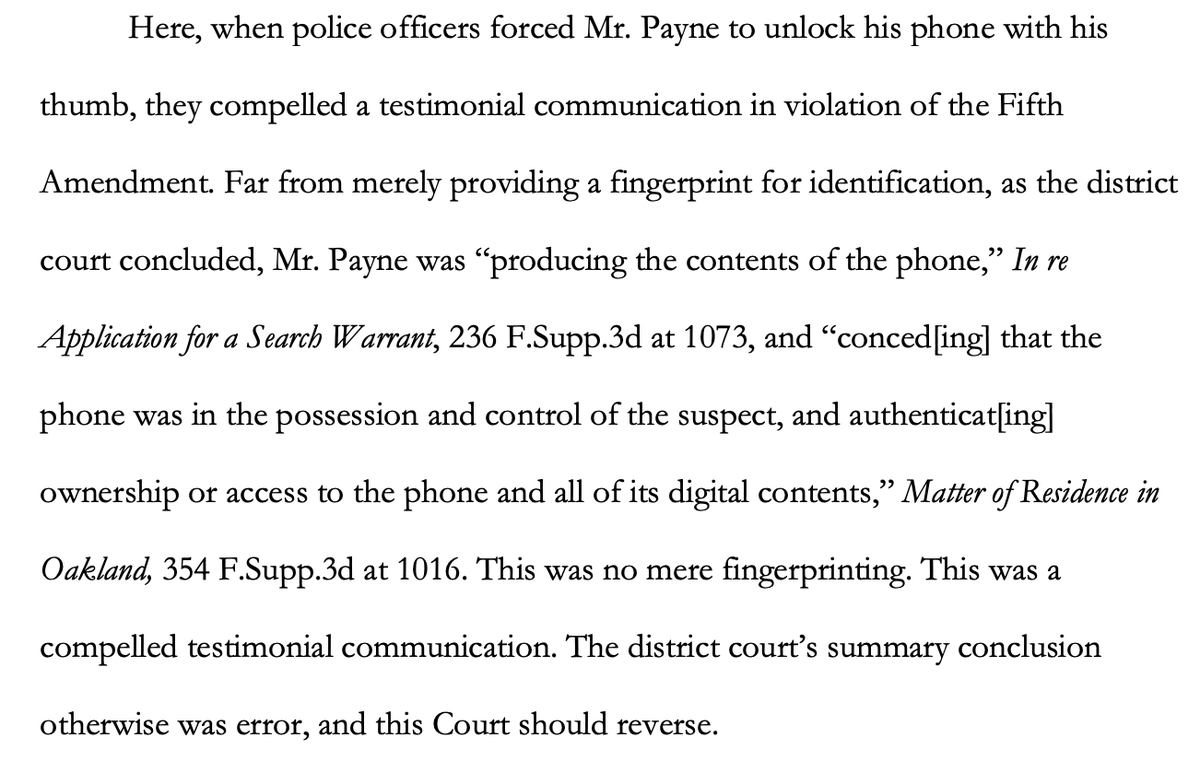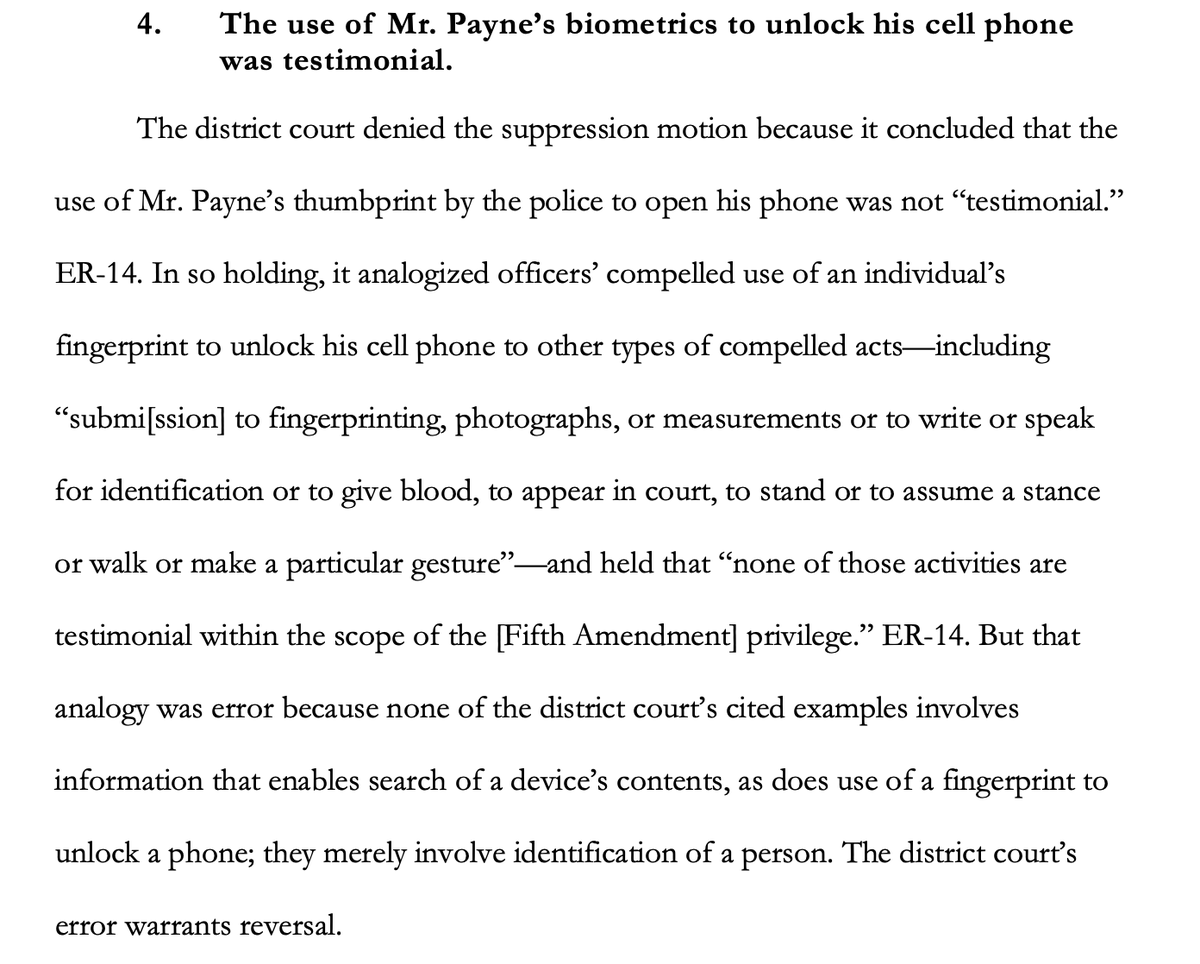Suspect, stopped by an officer in front of his mom's house, tosses his jacket over a fence on to his mom's property. Officer later grabs jacket and finds gun in pocket. Divided 5th Circuit: This violated the 4A, as suspect did not abandon the jacket.
ca5.uscourts.gov/opinions/pub/2… #N
ca5.uscourts.gov/opinions/pub/2… #N

Notably, the majority opinion by Elrod looks for a distinct Jones/trespass test for abandonment, arguing that there was a common law abandonment test for property.
I have two thoughts on this.
I have two thoughts on this.
First, given that the Katz test was about extending what is a search beyond the pre-Katz physical intrusion test, I don't think there's really a separate test; this was a physical search, so Jones and Katz are the same.
Second, the Court could have relied on what I believe is the Supreme Court's first abandonment of property case, Abel v. United States (1960), decided before Katz. 

I don't think Abel offers a distinct test for abandonment under Jones, but then the absence of that may be suggestive on its own.
Either way, interesting case.
Either way, interesting case.
(BTW, screenshot discussing the Abel case is from the forthcoming 16th edition of Kamisar, LaFave et al. Crim Pro.)
• • •
Missing some Tweet in this thread? You can try to
force a refresh

 Read on Twitter
Read on Twitter








